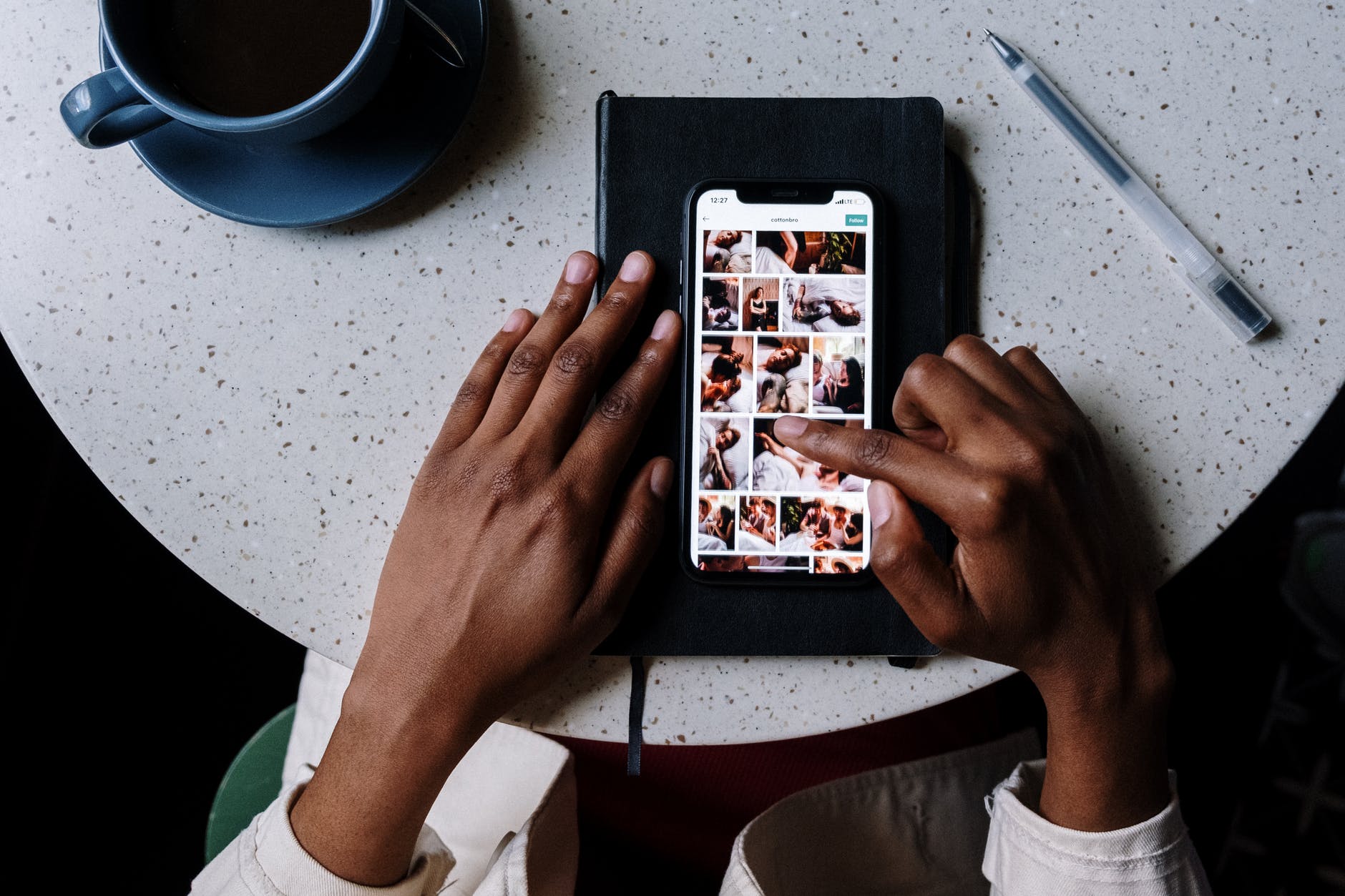For many women, menstrual cramps and other period-related discomforts feel like an unavoidable reality of life. That doesn’t have to mean that dealing with these pain and symptoms must be unmanageable though! Whether you occasionally suffer from light cramps or are looking for ways to mitigate more severe pain from your periods, there are plenty of resources available to help. From dietary changes and essential oil remedies to over-the-counter medications and heat therapy, here are five tips on how to effectively manage severe period pain.
Exercise to Help Reduce Pain
Pain and cramping can be debilitating, making it difficult to go about daily activities. Fortunately, there are plenty of ways to alleviate these symptoms, and exercise is one of the best. Among the many available options, yoga and stretching are particularly effective. Not only do they encourage physical movement and increase flexibility, but they are also gentle on the body. Yoga poses and stretches can be practiced by individuals of any age or fitness level, making them an accessible and affordable solution for many people. By incorporating these exercises into your routine, you can help reduce pain and cramping, allowing you to live life more comfortably.
Use a Heating Pad
Dealing with menstrual cramps can be an absolute nightmare, making even the simplest tasks feel excruciatingly painful. Fortunately, there are a few remedies that can provide some much-needed relief. One of the most effective methods is using a heating pad or hot water bottle on your lower abdomen. The heat helps to increase blood flow, reduce muscle tension, and soothe the nerves, all of which can alleviate the pain and discomfort associated with menstrual cramps. Although this method provides only temporary relief, it can be an excellent way to manage your symptoms and get back to your daily routine. So the next time you feel that all-too-familiar discomfort creeping up, try out a heating pad or hot water bottle and feel the difference.
Avoid Caffeine and Alcohol
When dealing with pain, it’s important to be mindful of what you consume. While a cup of coffee or a glass of wine may seem like the perfect way to unwind after a long day, they may actually be doing more harm than good. Both caffeine and alcohol are known to worsen pain, as they can increase inflammation and disrupt your sleep cycles. This means that not only are you more likely to experience discomfort, but you may also struggle to get the restful sleep that your body needs to heal. So, the next time you’re tempted to reach for that cup of coffee or that glass of wine, consider opting for a soothing cup of herbal tea instead. Your body (and your mind) will thank you.
Make a Gynecology Appointment
Women’s health is often an overlooked aspect of healthcare, but it’s important to prioritize your reproductive health. If you’re due for your annual gynecology appointment, don’t put it off any longer! Scheduling an appointment can feel intimidating or uncomfortable, but remember that your healthcare provider is there to support you and your health. Not only can they address any concerns you may have, but they can also provide important information and resources to help you maintain optimal reproductive health.
Try Supplements
Menstrual cramps and inflammation can be a real pain. Literally. Fortunately, there are some supplements that can help ease the discomfort. Magnesium is one such supplement that has been shown to reduce cramping and muscle pain. Evening primrose oil has anti-inflammatory properties that can help ease symptoms of premenstrual syndrome (PMS). And black cohosh, a plant native to North America, has been used for centuries to reduce inflammation and pain. If you’re looking for natural ways to reduce menstrual cramps and inflammation, consider giving these supplements a try.
It is important for those experiencing severe period pain to be proactive in seeking relief. Exercise, such as yoga and stretching, can help reduce pain and cramping by improving circulation and tension release. Additionally, using a heating pad or hot water bottle on the lower abdomen can offer some immediate temporary relief. Caffeine and alcohol should be avoided during this time of increased sensitivity as they may worsen period pain instead of helping it. Going to visit a gynecologist could prove further beneficial in better understanding the source of your condition and receive the necessary treatment. Finally, trying out supplements such as magnesium, evening primrose oil, or black cohosh may reduce inflammation and cramping associated with this issue. Ultimately, there are several strategies available when it comes to reducing severe period pain, so gathering knowledge on effective approaches that work best for you is a great starting point!















